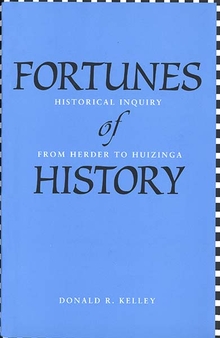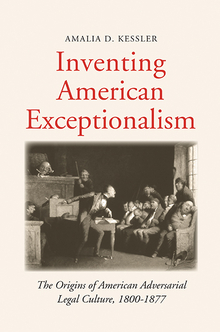A Revolution in Commerce
WARNING
You are viewing an older version of the Yalebooks website. Please visit out new website with more updated information and a better user experience: https://www.yalebooks.com
The Parisian Merchant Court and the Rise of Commercial Society in Eighteenth-Century France
Amalia D. Kessler
This groundbreaking book provides the first comprehensive account of the juridiction consulaire, or Merchant Court, of eighteenth-century Paris. Drawing on extensive archival research, Amalia D. Kessler reconstructs the workings of the court and the commercial law that it applied and uses these to shed new light on questions about the relationship between commerce and modernity that are of deep and abiding interest to lawyers, historians, and social scientists alike.
Kessler shows how the merchants who were associated with the court—and not just elite thinkers and royal reformers—played a key role in reconceptualizing commerce as the credit-fueled private exchange necessary to sustain the social order. Deploying this modern conception of commerce in a variety of contexts, ranging from litigation over negotiable instruments to corporatist battles for status and jurisdiction, these merchants contributed (largely inadvertently and to their ultimate regret) to the demise of corporatism as both conceptual framework and institutional practice. In so doing, they helped bring about the social and political revolution of 1789.
Highly readable and engaging, A Revolution in Commerce provides important new insights into the rise of commercial modernity by demonstrating the remarkable role played by the law in ideological and institutional transformation.
"A really good historian as well as a really good lawyer, Kessler offers an accomplished and imaginative interpretation of the origins of liberal legal-economic market culture in eighteenth-century Paris."—Robert W. Gordon, Yale University
“A Revolution in Commerce is an erudite, original, and compelling treatment of one of the great problems of modern historiography: the relationship between capitalism and merchant practices, on the one hand, and late eighteenth-century political revolution, on the other.”—John Fabian Witt, Columbia University
Publication Date: November 28, 2007
5 b/w illus.









